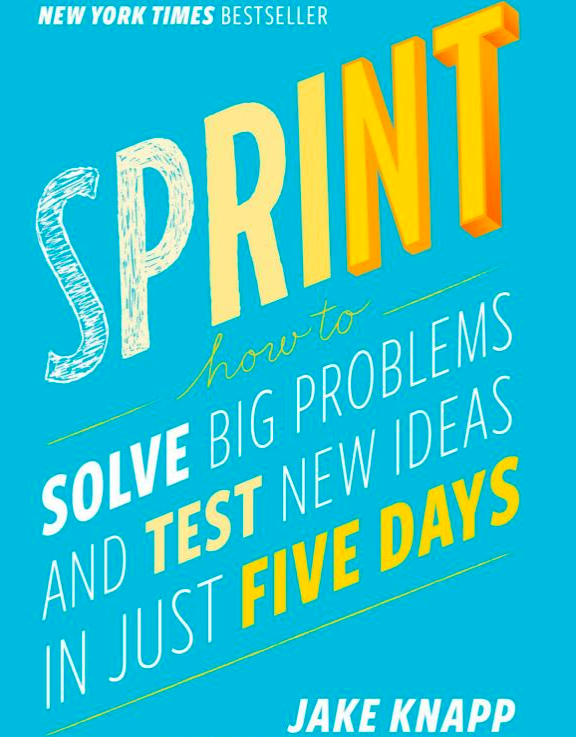Archives: Reading
-
Onmacht
—
by
Schitterend boek, zie deze post: https://woutertinbergen.nl/2021/ontworpen-adaptief-ontworpen/
-
Project to Product
—
by
Trying to connect “the business” and “IT or Workforce” is a actual theme in my working life. This book tries to describe a framework for it. I like that room for “uncertainty” is build in. This is where the magic happens imho.
-
Brave New Work
—
by
A nice enthousiastic read! It’s full of nice examples. I like how “starting small” is promoted.
-
De Organisatiefilosoof
—
by
Ben Kuiken doet een continu appèl op het gezamenlijk opnieuw betekenis geven terwijl we weten dat we niets weten. En dat op een makkelijk leesbare en ontspannen manier.
-
Company of One
—
by
Nice book around the idea of growing as a business by getter smaller, instead of bigger. Interesting examples of successful companies of one. It’s a great appeal to start small, work towards Minimal Viable PRofit fast, define your desired lifestyle and create work around it, not being afraid to start new things and above all…
-
Formule X
—
by
Vlot geschreven boekje over transitie vanuit management perspectief waarbij de formule 1 model staat voor teamwork, focus en vooral : continu meten en verbeteren. Soms een beetje te cheesy, maar de dilemma’s rondom “loslaten en delegeren” zijn heel reëel en herkenbaar.
-
Nine Lies About Work
—
by
Vandaag schreef ik een verhaal op LinkedIn over 1 van mijn drijfveren : elkaar op het werk wat minder aandoen. Dit was nav gesprekken om mij heen én de inhoud van dit boek. In dit boek beschrijven de auteurs negen leugens, of waarheden, over werk, die ze met behulp van wetenschappelijk onderzoek verder onderzoeken. Ze…
-
Coaching Agile Teams
—
by
Nooit tijd voor gemaakt. Aardig om te zien hoe ze uit diverse hoeken/startpunten, de weg naar agile coaching beschrijft.
-

Sprint: How to Solve Big Problems and Test New Ideas in Just Five Days
—
by
“Sprint offers a transformative formula for testing ideas that works whether you’re at a startup or a large organization. Within five days, you’ll move from idea to prototype to decision, saving you and your team countless hours and countless dollars. A must read for entrepreneurs of all stripes.” —Eric Ries, author of The Lean Startup…
-
The Five Dysfunctions of a Team
—
by
It’s striking to read a book that is so focussed on the product of de management: create a TEAM. Although it’s an old book (2002), it’s being considered a standard work for people who’re trying to onderstand the way their team works. I got it from a friend, after explaining an exercise I did with…